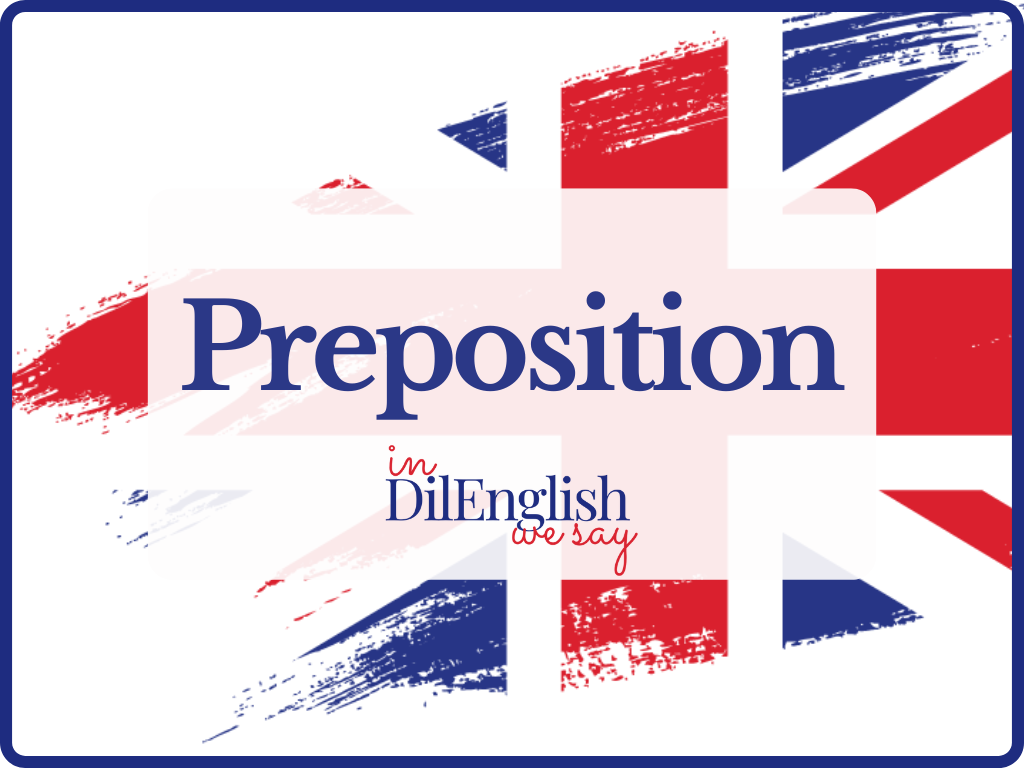Exceptions in Prepositions
#1. Some prepositions are homonymous with adverbs and conjunctions. For instance, the prepositions after and before are homonymous with the adverbs after and before and with the conjunctions after and before. There is an old saying that if a man has not fallen in love before forty, he had better not fall in love after. (Shaw) (ADVERB) When he got back to Ann Arbor, he found Savina in a state of excitement because Trasker had heard from Regan after Erik had left. (Wilson) (CONJUNCTION) “Where do you intend to stay tonight?” she asked after a moment. (Wilson)(PREPOSITION) The color rushed [...]
Meaning of Preposition
According to their meaning prepositions may be divided into prepositions of place and direction (in, on, below, under, between, etc.), time (after, before, at, etc.), prepositions expressing abstract relations (by, with, because of, with a view to, etc.). The lexical meaning of some prepositions is quite concrete (e. g. in, below, between, before, after, till, etc.), while that of some other prepositions may be weakened to a great extent (e. g. to, by, of). For instance, the preposition to generally indicates direction or movement towards something: Every night Sissy went to Rachel’s lodging, and sat with her in her small [...]
Morphological Structure of Preposition
As to their morphological structure prepositions fall under the following groups: Simple Derivative Compound Composite in, on, at, for, with, etc. behind, below, across, along, etc. inside, outside, within, without, etc.); because of, in front of, in accordance with, etc.
Preposition
The preposition is a part of speech that denotes the relations between objects and phenomena. It shows the relations between a noun or a pronoun and other words. Usually, the preposition is not stressed and stands before the word it refers to. Desert moved quickly to the windows. (Galsworthy) Sometimes, however, a preposition may be separated from the word it refers to and placed at the end of the sentence or clause. In that case, it is stressed. But he sounds as though he knows what he’s talking about. (Wilson) The proposition may be weakly stressed before a pronoun. She [...]

